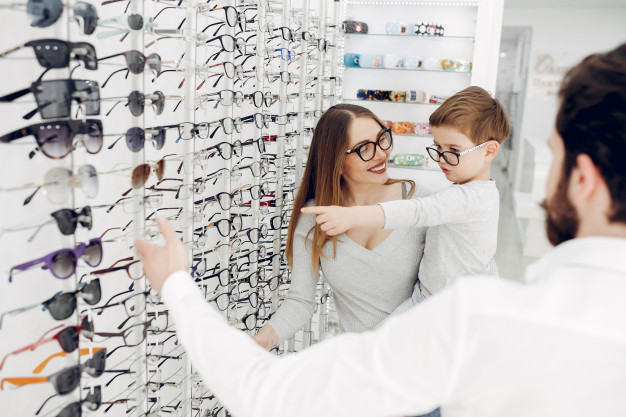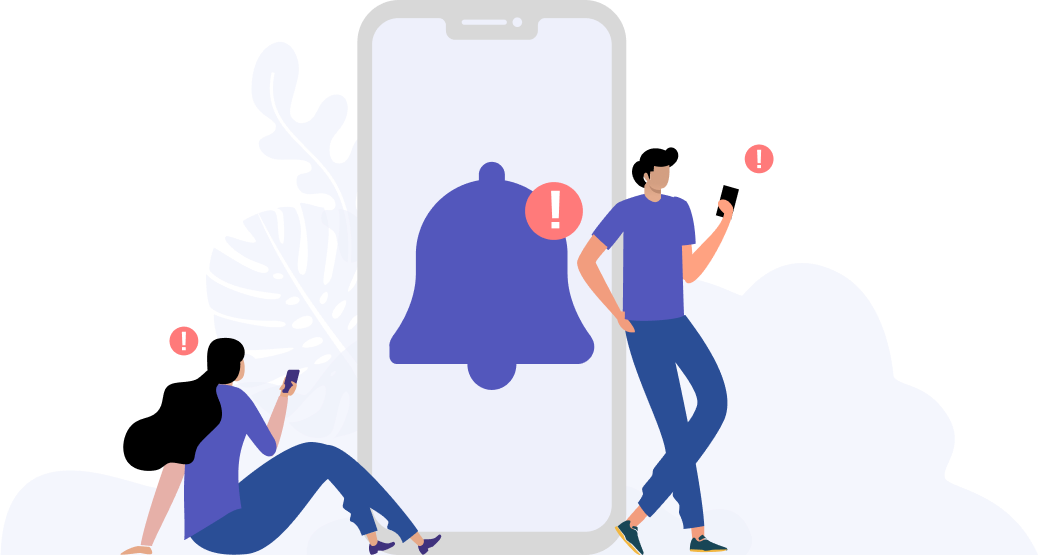Spectacle wear in children – does it make them look ugly?

You’ve probably heard this before: Does wearing glasses make the eyes look smaller? If not from your children, then definitely from your peers growing up. Some kids get a little fussy when they’re told that it is time for them to get glasses – no thanks to popular culture, which has long branded spectacles as the epitome of uncool. Think Peter Parker (or better known as Spiderman), who, after gaining his powers, was able to get rid of his geeky glasses.
It’s a phenomenon that doesn’t just occur in movies. Studies conducted in Chennai, India as well as Tanzania identified some key barriers to spectacle wear compliance amongst teenagers, including the cost of spectacles, knowledge about spectacle usage and of course, peer pressure and the need to fit in.
If children are diagnosed with a form of refractive error, such as myopia, the question shouldn’t be when they need glasses – the time is now so that their refractive error can be quickly corrected. After children are prescribed with corrective glasses, it is equally as important to make sure that they are wearing their glasses.
Children who do not wear their prescribed glasses may experience eye strain and headaches because their eyes have to work harder to focus on things. But more importantly, children are essentially deprived of clear vision if they are not wearing their prescribed glasses.
Convinced that wearing glasses is important? Here are three ways to make sure that children are not secretly taking off their spectacles when they are out of parents’ sight.
Make heading to the optometrist a regular thing
Children grow up fast and might get a little rough with their spectacles. It’s only natural that their spectacles might need readjustments from time to time, especially when it comes to the nose pads – scarring from spectacles on the nose was one of the main barriers that students from India reported when it came to wearing spectacles.
The same goes for eye checks as well. Getting regular and timely eye checks are especially important for children given that their eyes are still developing and that refractive errors progress most rapidly during this period. Therefore, any change in their refractive error can be corrected as soon as possible to prevent further vision loss.
Make choosing a new pair of spectacles a fun experience

Given that spectacles are required to be worn for most of the children’s day once prescribed, ensuring that they are happy with their spectacles is an important factor to make sure that children continue wearing them. It’s no wonder that providing students with lightweight, well-fitting and most importantly, trendy spectacles in India helped them enjoy wearing their spectacles more. As a parent, you can make heading to the optical shop something to look forward to. Give your children a chance to take ownership of the spectacles they wear, and even throw in a fun, eye-friendly activity afterwards.
Education is key
All of this won’t mean much if your little ones don’t understand the importance of wearing their spectacles. A review of numerous eyewear compliance studies revealed that health education is paramount to good eye health. It is always good to build up good eye care habits from the get-go so when the time comes for your kids to get their first – or second, or third – pair of glasses, they will already be equipped with the knowledge they need and understand its importance.
It is sometimes difficult for parents to make sure that children are wearing their prescribed glasses most of the time, especially when parents are not right beside their children 24/7. To help parents monitor their children’s spectacle wear, Plano has developed a spectacle wear reminder system in phones and tablets that alerts children when they are not wearing their glasses to provide that extra pair of helping hands for parents.
Tools Designed for Healthier Eyes
Explore our specifically designed products and services backed by eye health professionals to help keep your children safe online and their eyes healthy.





